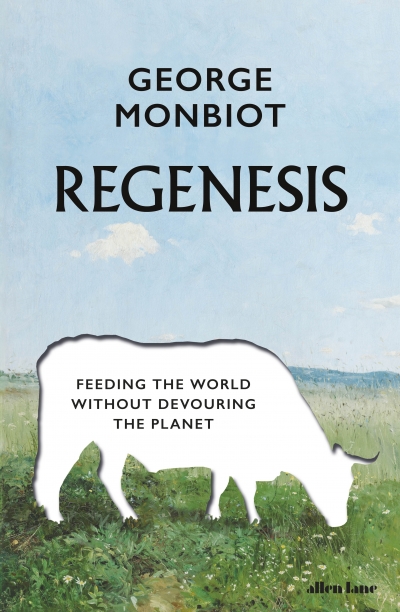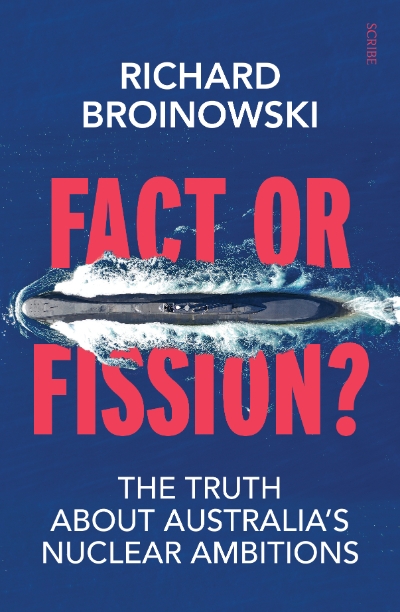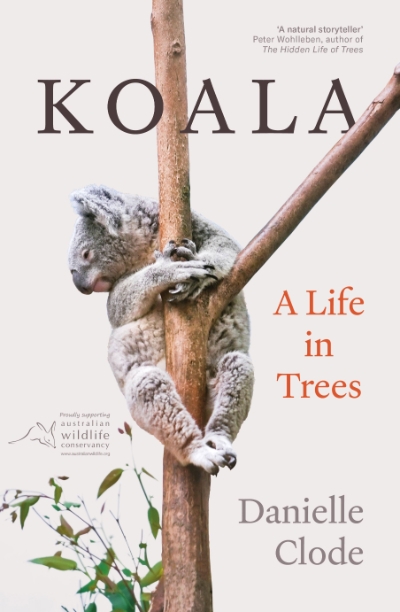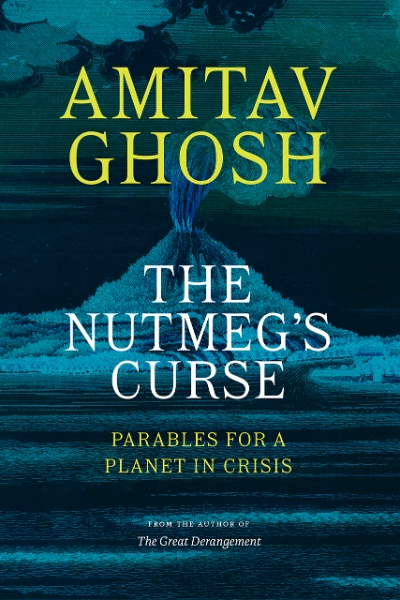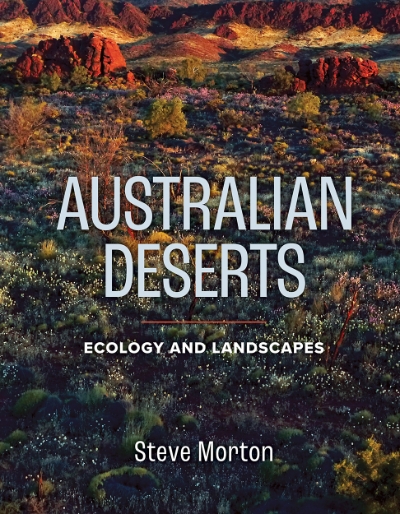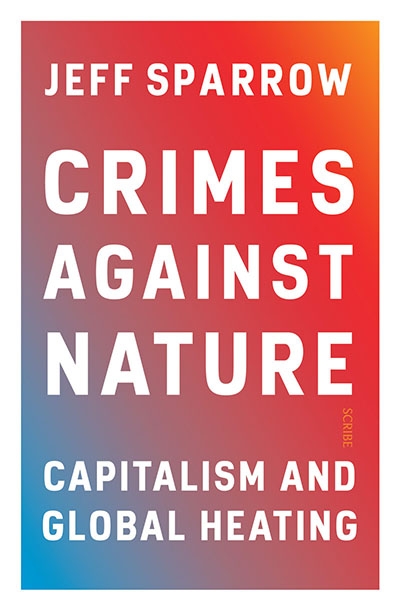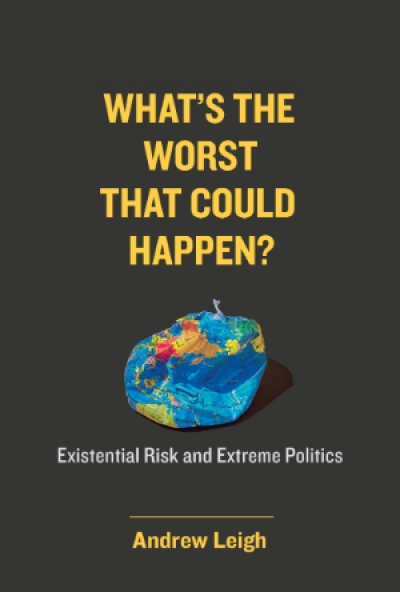Environment and Climate
Fact or Fission: The truth about Australia’s nuclear ambitions by Richard Broinowski
by Jessica Urwin •
I don’t know why some people seem to think voting is a great imposition. I love lining up and watching the person behind the table pick up the ruler and find my name. There’s a little warm glow of being one tiny thread in the great muddled ball of string that is the democratic process. Always, in the queue there’s a particular feeling: pleased, proud, everyone hugging to ourselves the little secret of how we’re going to vote. When my kids were at primary school, I loved helping to person the stall churning out the Democracy Sausages.
... (read more)The Nutmeg’s Curse: Parables for a planet in crisis by Amitav Ghosh
by Killian Quigley •
Crimes against Nature: Capitalism and global heating by Jeff Sparrow
by Kurt Johnson •
What’s the Worst That Could Happen?: Existential risk and extreme politics by Andrew Leigh
by Gareth Evans •
Wounded Country: The Murray–Darling Basin – a contested history by Quentin Beresford
by Cameron Muir •
Signs and Wonders: Dispatches from a time of beauty and loss by Delia Falconer
by Jonica Newby •

